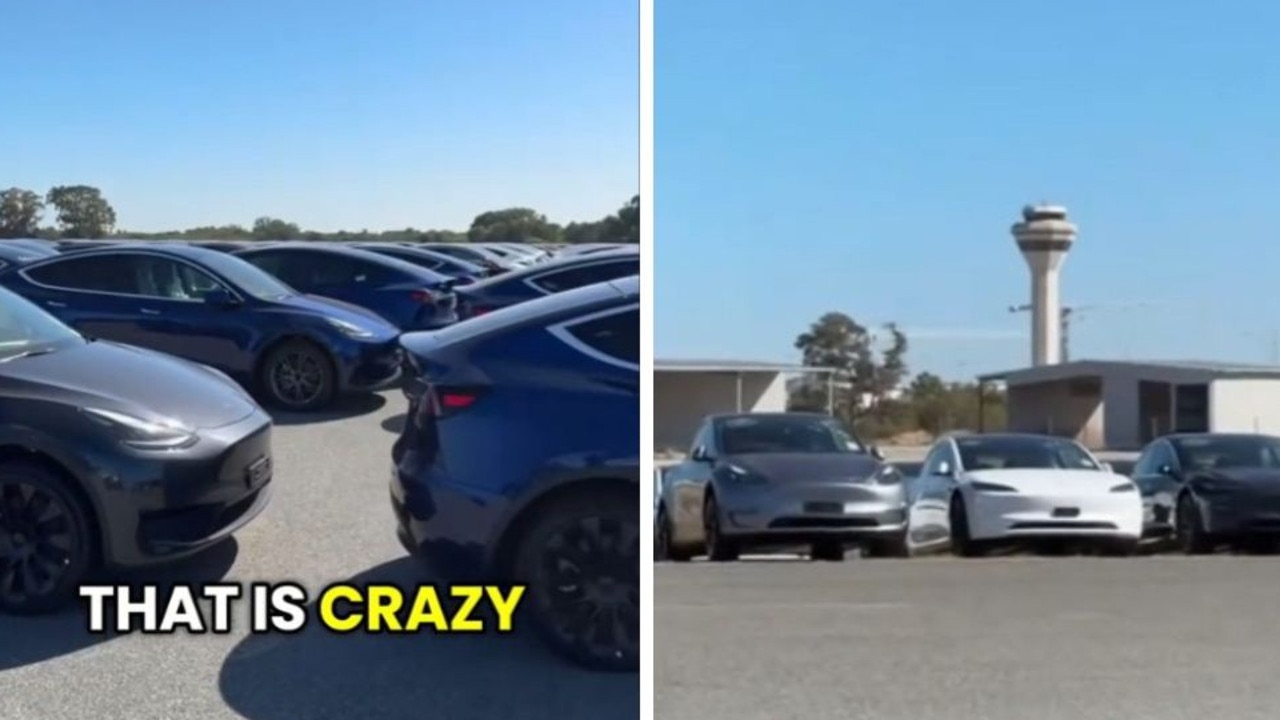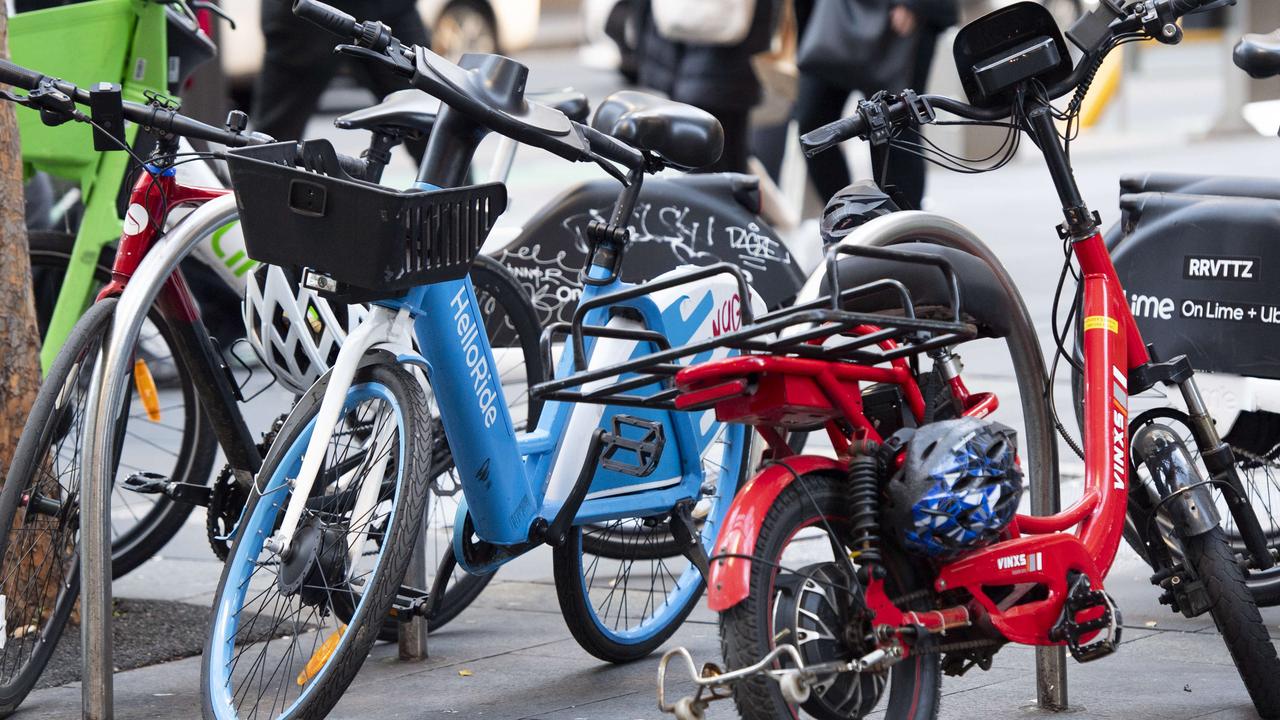Can China force its cheap electric vehicles into the West?
Chinese vehicles are about to take over Australian roads. And there could be a huge problem if the nation were to try and “retaliate”.
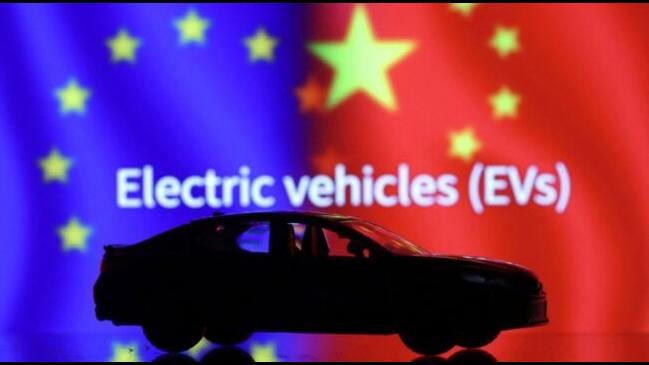
Chinese electric vehicles are about to become a much more common sight on Australian roads. Carmaker BYD has cut a deal with Uber. And its contractor drivers won’t want to say no.
Analysts say the offer of cut-price vehicles and accessible financing – sweetened by dramatically cheaper EV running costs – is just one example of how China’s state-backed manufacturers are finding new ways to dominate the global electric vehicle market.
BYD (marketed in the West as “Build Your Dreams”) recently toppled Tesla as the world’s leading EV manufacturer. It is reportedly planning to roll out the Uber subsidies across Australia, Canada and New Zealand after introducing them to Europe and Latin America.
And that’s despite the looming threat of a global trade war.
Last week, Canada announced it would impose new tariffs on Chinese-made electric vehicles and steel and aluminium. It accuses Beijing of attempting to save its foundering economy by dumping below-cost goods on the global market.
Beijing immediately retaliated. It’s threatening to choke Canada’s single largest export – $A5.5 billion worth of canola oil.
But Canada’s not the first to make such a move.
The US and European Union are preparing speed bumps to protect local industries ahead of an onrush of Chinese exports.
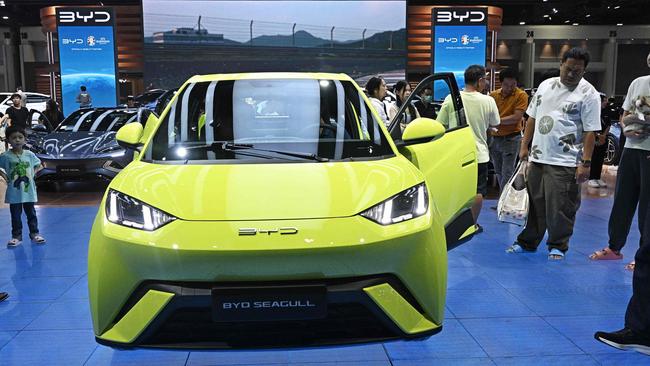
Australia, however, finds itself in a unique position.
It no longer has a domestic car manufacturing industry to protect.
And brutal experience has taught it that crossing the will of the Chinese Communist Party will result in harsh punitive measures.
In 2020, Canberra called for a probe into the origins of the Covid-19 outbreak.
Beijing retaliated by banning barley, beef, coal, copper, cotton, wine, lobster and timber imports.
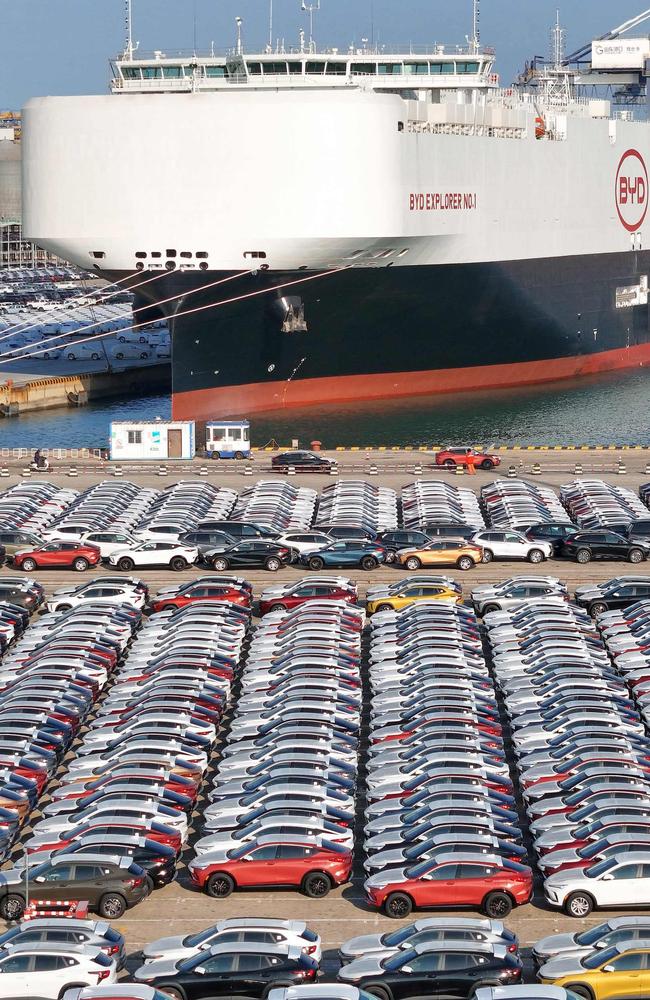
The last restrictions were only lifted earlier this year.
Now, Australia-China Relations Institute academic Dr Marina Yue Zhang warns that any attempt by Canberra to stem the flood of below-cost Chinese cars will likely result in more of the same.
“If bilateral relations between Australia and China deteriorate, China could retaliate by targeting areas where it can find alternatives to Australian exports,” Dr Yue warns.
“This risk is particularly pronounced during periods of economic downturn in China, when its demand for Australian commodities and agricultural goods may weaken.”
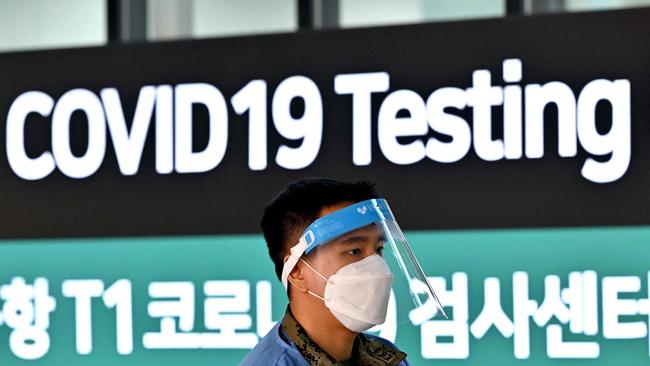
Accelerating tensions
In May, the United States imposed a 100 per cent tariff on Chinese EV imports. The EU has followed suit, planning a scaled system of tariffs (calculated by estimated Chinese government subsidies) up to 37.6 per cent.
Both argue Chinese Communist Party (CCP) tax breaks, cash transfers, low-interest loans – along with subsidised materials, land and services – have given its manufacturers an overwhelmingly unfair advantage.
“China is flailing wildly to stave off the measures, despite the fact that Beijing’s EVs would still be cheaper than European models; and other products, such as electric city buses, will suffer no levy at all,” analyst Paul Hockenos argues in Foreign Policy.
“Nevertheless, China is thundering retaliation in what sounds like a trade war, and at the same time furiously hatching deals in last-minute negotiations.”
Australia maintains a more open approach.
It has not imposed any new tariffs.
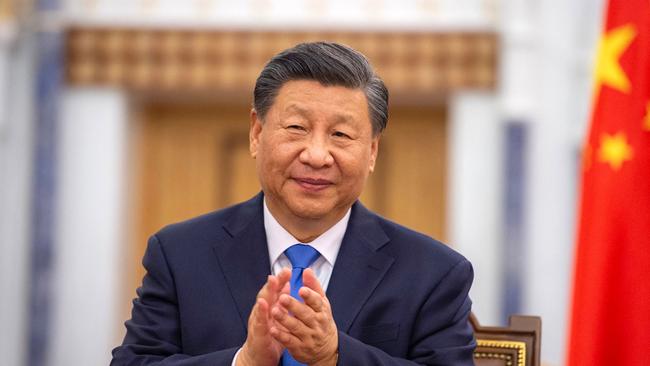
And Chinese EVs remain protected by the Australia-China Free Trade Agreement.
“In today’s geopolitics, a nation’s industry or trade policy can have significant diplomatic implications,” warns Dr Yue.
“If the Australian government were to follow the US or EU by imposing tariffs on Chinese EVs or tightening investment scrutiny against Chinese investors in the EV or battery sectors, this could lead to diplomatic tensions in bilateral relations.”
But pressure is mounting to do precisely that.
Canberra does not want Australia’s devastated local manufacturing industry to miss out on the “Green Revolution”. It wants to restore some sovereign manufacturing capability for critical products. And that includes battery manufacturing – a core component of the EV market.
“As EV adoption accelerates in Australia, there is an urgent need to localise services, maintenance, spare parts inventory, and battery recycling to reduce lead times and enhance service reliability,” Dr Yue adds.

“Additionally, a significant challenge within Australia’s EV policy remains the unresolved issue of data collection and management standards.”
Modern EVs are connected to their drivers’ phones, computers and local area networks. They collect vast amounts of data on routes travelled, driving behaviours and habits. All this – including dashcam vision – can be uploaded to Chinese servers.
And with China’s established record of digital espionage within Australia, that’s raised national security concerns.

Driving Xi thought
Last year, China’s local EV market recorded 8.1 million sales, a 35 per cent increase from the previous year. It’s expected to reach 10 million this year.
This has been achieved through deals with Chinese national and local governments. For example, Beijing is requiring all taxis to be replaced with locally produced EVs. Similar moves are being made across the country.
China’s EV industry is a shining example of how farsighted government policy can create something out of nothing.
The Chinese government provided massive support to start-up companies and supporting industries.
It subsidised loans.
It established university courses.
It created research units.
It bypassed planning regulations.
It provided tax incentives.
Altogether, this dramatically reduced the exposure to risk faced by the likes of BYD.
And the broad safety net offered by CCP policies allows its manufacturers to drive costs down far below their international competitors.
Beijing argues Europe also subsidises its carmakers with tax incentives and research and development support. But industry analysts point out the vast difference in scale.
European Union states have until October 30 to vote against imposing EV tariffs on China.
China’s carmakers are meanwhile offering a last-minute deal to set a voluntary minimum price on imported vehicles.
But Europe is likely to be hesitant to accept.
It last made such a “gentlemen’s agreement” with China over photovoltaic cells and solar panels. But the agreement quickly collapsed – as did Europe’s homegrown industry, under the weight of below-cost competition.

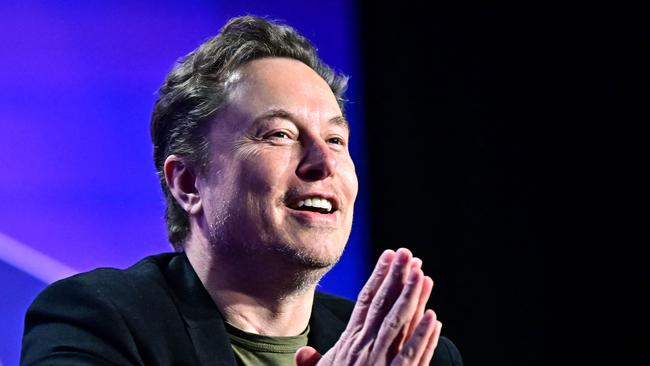
Market forces
China has hit back by launching “dumping” investigations against European cognac, dairy and pork.
This has prompted the EU’s leading diplomat, Josef Borrel, to warn a trade war now appears “unavoidable”.
“Fears are growing that Beijing could blackmail Europe by exploiting states’ critical materials dependencies, many of which China controls,” says Brookings Institution analyst Daniel Hamilton.
For example, Hamilton points to China as the source of up to 90 per cent of Europe’s supply of key pharmaceuticals, photovoltaic cells, chemicals and raw materials.
Chinese state-controlled media insists its car industry is being treated unfairly.
“The Europeans are in denial,” the CCP-controlled South China Morning Post asserts.
“They don’t want to acknowledge that European carmakers have been out-engineered and outclassed,” it quotes the managing director of Sino Auto Insights as saying.
“Chinese carmakers are fighting the long game. They see Western governments as changing hands, changing philosophies, changing policies every four to six years, and so these are kind of just the ebbs and flows that they kind of deal with on a regular basis.
“There’s this tension between, are we going to hit our zero-emissions goals, and if so, how do we do that without Chinese electric vehicles?”
Jamie Seidel is a freelance writer | @JamieSeidel
Originally published as Can China force its cheap electric vehicles into the West?




